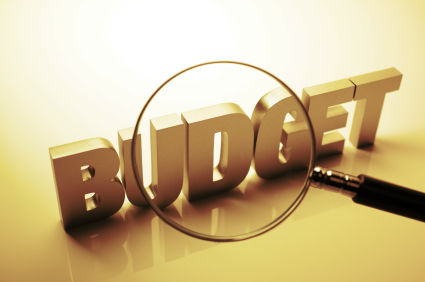Learning the basics of personal finance is often saved until our first brush with student debt. In the present economic environment though, this can be a difficult lesson, with very little room for error. As the student lifestyle can be an expensive one, this shortage of jobs can make paying off our student debt a daunting prospect. So, the personal finance learning curve needs to be a steep one.
Getting the right start in our financial lives is important because any mistakes that we make in the first few years after graduation could have long-lasting effects. You might even find that your student debt affects your ability to secure a mortgage on a home or get the kind of job you were hoping for. To be sure of safeguarding against these longer-term financial side effects, tackle your debt problems early and take a grown-up approach to personal finance.
Firstly, the basics of personal finance are all common sense; pay your bills on time, try to save what you can and don’t spend any more than you make. However, as so much of being a student is based on credit, your personal finance strategy has to incorporate intelligent debt management, rather than debt avoidance.
In terms of credit card debt, the best way to look after your credit rating is to show lenders that you are a trustworthy, reliable and restrained borrower. That means making your debt repayments on time and limiting how much of your available credit you actually use.
In terms of running your current bank account, the best personal finance advice is perfectly simple; live a thrifty student lifestyle that takes advantage of all of those special student rates. When it comes to paying off any debt, a lower repayment will prolong the repayment period.
Debsolver.co.uk is qualified insolvency practitioners offering free debt advice and solutions tailored to your individual circumstances. If you need debt help why not fill in our debt wizard today!



in this climate it is a very hard learning curve but once we recover it will have been a great training ground
Okay so I’ve been reading PF blogs for several months now and I think I’m ready to make those serious changes to my finances. Ready to buckle down and save and even allocate a portion of my income to invest!
Debtsolver are ready to help all to be more financially responsible, knowledge is power and educating people from a young age on how to handle their finances from the get go can prevent even bigger debt problems in the long run.
Personal Finance should be an element that is taught at the high school level, so you come out to start your adult life with more knowelegde.
Quite often, before student loans, a borrowers first financial car is an store credit card. Good advice here, because right after student loans the first loan people are usually looking for is a car loan, and its very important to start your credit history on a positive note.
yea excellent advice. Also time for me to get of my back side and start implementing some of the stuff i have read here. Please keep posting great material – it keeps me hopeful that some day soon ill be able to get my head above water.
These are some awesome tips for managing your finances and staying debt free. I deal with a good deal of homeowners that are in financial straights because they haven’t sat down and budgeted; I think they’d really benefit from reading this!